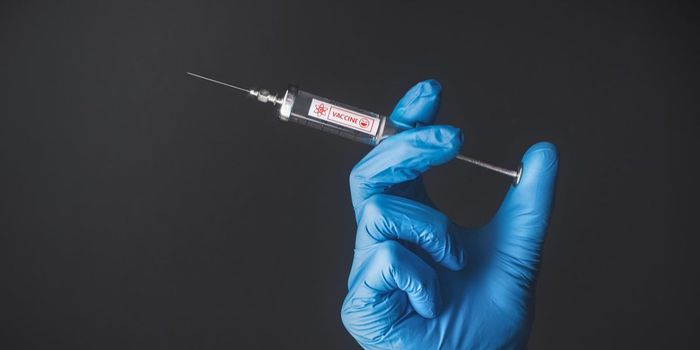A molecule involved in boosting the immune response in cases of cancer has now been associated with bacterial pneumonia as well. With antibiotic resistance on the rise, scientists are hopeful that the inclusion of enhancing this target molecule could be the answer to helping the immune system gain speed on a more natural form of attack that won’t necessarily rely on antibiotic drugs.
The protagonist of today’s story is a cytokine called macrophage-colony stimulating factor, or M-CSF. In the past, scientists noticed that a M-CSF deficiency led to a 10-fold increase of bacteria in the lungs in mice models of pneumonia. The deficiency also resulted in bacteremia, liver infection, and more deaths. In a new study today from the University of Virginia School of Medicine, researchers dove deeper into the relationship between M-CSF and the immune response to bacterial pneumonia.
Dr. Borna Mehrad, MBBS and his team first blocked M-CSF activity in mice with bacterial pneumonia and saw fewer monocytes in the lung. Monocytes are the immunological precursor to macrophages, the cells that engulf and destroy foreign cells. Mehrad’s initial thought? The M-CSF deficiency was preventing the needed amount of monocytes to be produced to fight the infection in the lungs. Mehrad’s hypothesis makes sense, but a PhD student in his lab took the theory one step further.
Alexandra Bettina went back to the original source of monocytes: the bone marrow. Interestingly enough, in the same mice that were suffering from an M-CSF and monocyte deficiency in the lungs, their bone marrow and blood vessels contained a normal, healthy amount of monocytes. Putting two and two together, Bettina and Mehrad realized that M-CSF deficiency wasn’t inhibiting monocyte production; it was inhibiting the activity of monocytes already produced.

More research gave the pair a fuller picture of the relationship between M-CSF and monocyte activity in the lung. The cytokine seemed to help monocytes survive in the lung once they arrived to fight the bacterial pneumonia infection by releasing pro-inflammatory chemokines and generally boosting innate immunity and the inflammatory process.
“Some people with weakened immunity might not make enough of M-CSF,” Mehrad suggested. “If that’s the case, you could augment that and improve their ability to fight infection.”
That’s one of the two possibilities that Mehrad and his team are considering: adding extra M-CSF in cases of bacterial pneumonia to help monocytes live longer and fight stronger against the pathogenic invasion. However, there’s also a chance that what they perceive as an M-CSF “deficiency” could actually be the body’s natural response to bacterial pneumonia, and manually adding more of the cytokine wouldn’t have an effect on health outcomes.
Bacterial pneumonia is just one of more than 30 causes of pneumonia, with other causes being viruses, mycoplasmas, fungi, and various chemicals. Common symptoms of pneumonia include cough, fever, chills, headache, fatigue, and confusion. Symptoms specific to bacterial pneumonia consist of a temperature as high as 105 degrees Fahrenheit, excessive sweating, increased breathing and increased pulse rate. Older adults, children, and people with chronic disease like COPD and asthma are especially vulnerable to developing pneumonia.
Sources:
University of Virginia Health System,
UniProt,
American Lung Association,
Nature Reviews Immunology










